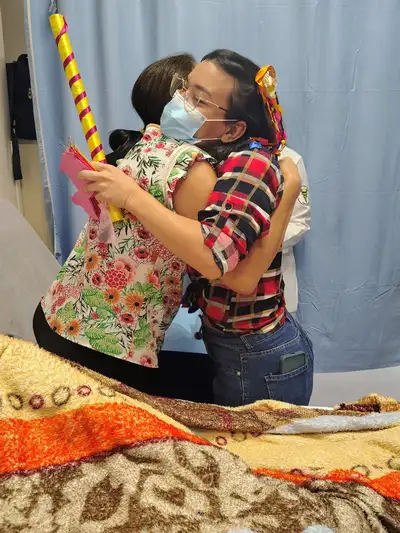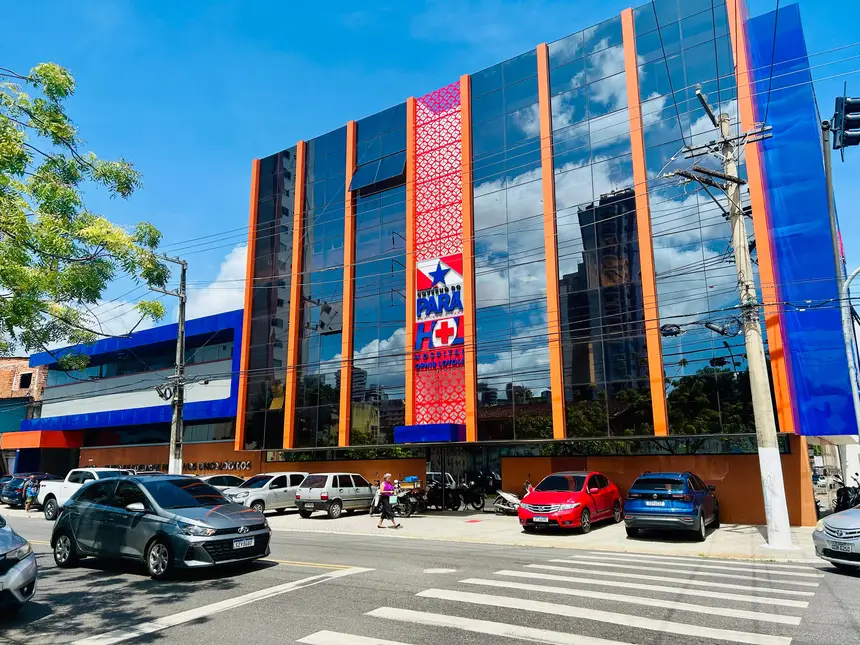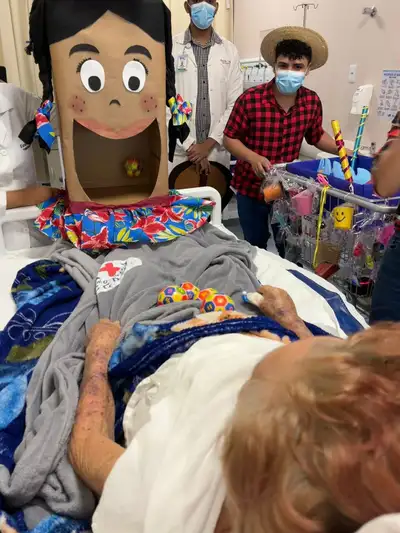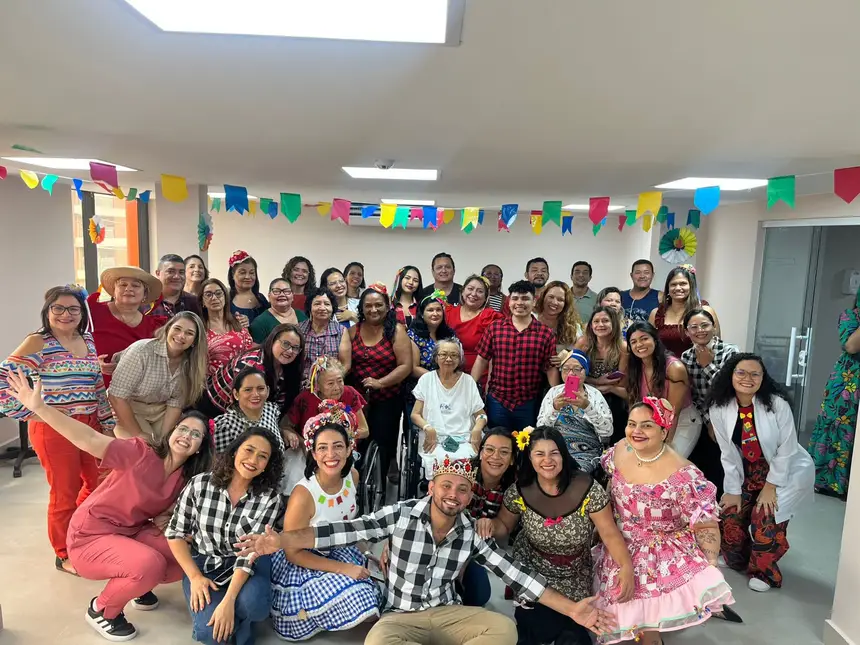Ophir Loyola Hospital's Palliative Care Clinic is a reference in welcoming within the SUS
The service, which offers comprehensive care, combines science, listening, and dignified treatment for patients and families at all stages of treatment

In Belém, Ophir Loyola Hospital (HOL), a reference in oncology and high complexity in Northern Brazil, also stands out as one of the first health institutions to offer palliative care through the Unified Health System (SUS). It was also a pioneer in the North to implement a specific service aimed at promoting the quality of life for patients with life-threatening illnesses and their families.
With 43 years of dedication to Ophir Loyola Hospital, physician João de Deus, who led the coordination of the Palliative Care Clinic from May 2024 to July 2025, emphasizes that this pioneering role carries an important mission. “Being the first center to promote palliative care in the region is a great responsibility, which drives all of us to constantly seek improvement to provide comprehensive, dignified, and financially viable care for our patients,” he highlights.
The current coordinator of the unit, physician Daia Hausseler, reinforces this sentiment. “For me, and on behalf of the entire team, it is a source of pride, but also the weight of a great responsibility. Being a pioneer means serving as a model. We need to be in constant improvement, seeking quality, updates, and comprehensive care,” emphasizes the manager.
According to her, the team's commitment to excellence has already surpassed two decades. Daia Hausseler adds that, “for over 20 years, HOL has sought to provide excellent care from diagnosis, through all stages of treatment, even when it is no longer possible.”

Guidelines - For the general director of the Hospital, physician Heraldo Pedreira, this action is aligned with national guidelines for oncological care: “Every oncology hospital must have a palliative care center. This is mandated by the Ministry of Health. We have prepared ourselves to comply with this guideline because we understand the needs that cancer patients have. From diagnosis until their passing, they are with us. We have developed excellent work, a center designed to provide patients with what they need,” assures Heraldo Pedreira.
Palliative care goes far beyond attention to patients at the end of life. According to João de Deus, this is a common misconception that needs clarification. “Palliative care is intended for all patients with a life-threatening illness, from the moment of diagnosis, and accompanying the entire trajectory of the disease. End-of-life care is provided in the final months. Thus, we can say that end-of-life care represents a part of palliative care, but not its entirety,” he informs.
When initiated early, the benefits are evident: improved symptom control, greater respect for patients' preferences, and enhanced quality of life throughout treatment. “Care and treatment become patient-centered, not disease-centered. Thus, symptom control becomes optimized, preferences and values are respected, elevating the patient's experience, their quality of life, and even their functionality,” he adds.

Therapeutic goals - The CCPO, which has been operating in a new space for a year, offers different forms of care: outpatient, home care, telemedicine, hospitalization, and interconsultation. In all of them, care is shared among different specialties, bringing together doctors, nurses, psychologists, social workers, physiotherapists, speech therapists, nutritionists, occupational therapists, and dentists. Everyone works together and aligned with the therapeutic goals of each patient, promoting symptom control, such as pain, fever, shortness of breath, and nausea, as well as making adaptations and rehabilitations aimed at the patient's functionality.
Between 2022 and 2024, the Palliative Care Clinic at HOL attended approximately 639 hospitalized patients and conducted 1,958 outpatient consultations. The majority of those served are female (69%), while men represent 31%. The average age of patients is around 61 years.
The most common types of cancer among patients in the unit are thyroid; female breast; trachea, bronchi, and lung; stomach; and cervical cancer.

Important moment - With the creation of the National Palliative Care Policy, SUS is advancing to incorporate this approach in all areas of health care. HOL actively participates in the guiding group of the policy in Pará, reinforcing its leadership role.
According to physician João de Deus, “this is a moment of great importance for palliative care, and HOL is actively participating in the guiding group for the implementation of the Policy in the State. Being a reference is not only a great responsibility but also a stimulus for us to always seek improvement.”
Physician Daia Hausseler adds: “The policy has already been published by the Ministry of Health, and is now in the implementation phase in state secretariats. HOL participates with a matrix team that supports, guides, and helps to promote palliative care also in Primary Care, integrating this care into the patient's home. It is a very important step that is already being taken.”
Text: Vinicius Campos, intern - Ascom/HOL









